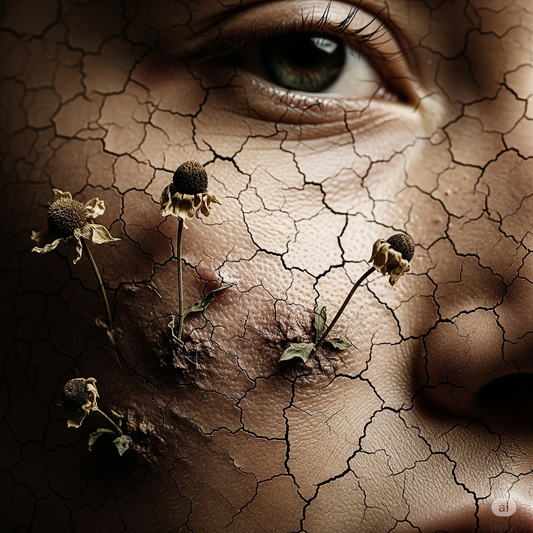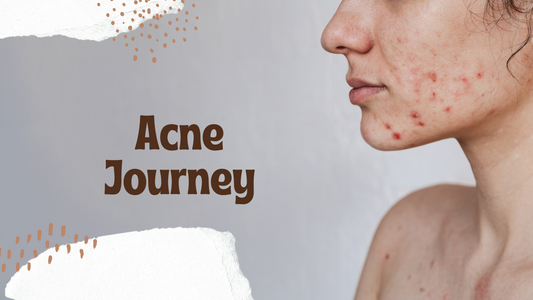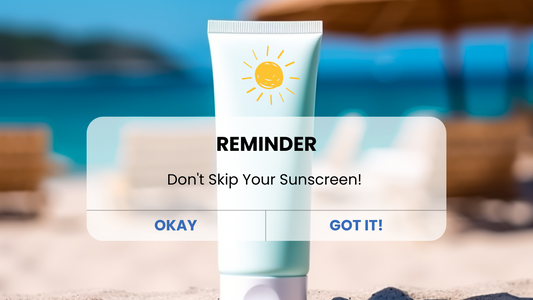Acne Won’t Heal Itself: Here’s What Happens If You Wait Too Long
Introduction
Acne is often dismissed as a fleeting concern, something most individuals expect will resolve without intervention. This perspective, however, oversimplifies the reality of the condition. But the reality is that untreated acne can persist for long and may leave behind reminders like scars and dark spots. As a dermatologist, I have seen countless patients who wish they’d acted sooner.
In this blog, I’ll explain exactly what happens if you wait too long to treat acne, why it’s important to act early, and what you can do to prevent permanent skin damage.
Why Acne Doesn’t Always Go Away on Its Own
Acne is not merely a matter of increased sebum production or infrequent cleansing. Rather, it is a multifactorial disorder involving excess oil, bacteria, inflammation, and sometimes hormonal imbalance.
While mild breakouts may clear with basic skin care, moderate to severe acne often needs medical treatment. Without proper care, acne can linger longer, flare up repeatedly, and worsen over time.
What Happens If You Ignore Acne
Here’s what can happen if you keep waiting for acne to heal by itself:
1. Scarring Becomes More Likely
The longer acne stays untreated and more severe the lesions, the more likely it is to cause permanent scars. Cystic acne, nodules, and inflamed pimples damage the deeper layers of skin. Once that happens, the skin’s healing response can leave pitted or deep scars.
2. Post-Inflammatory Hyperpigmentation (PIH)
Even if you don’t scar easily, acne often leaves dark spots, especially if you have a medium to dark skin tone. These spots can last for months or even years, requiring additional treatment to fade.
3. More Breakouts, More Damage
Untreated acne can create a vicious cycle. Bacteria trapped in clogged pores multiply, inflammation increases, and breakouts spread to new areas. This prolongs the acne cycle and increases the risk of damage.
4. Emotional and Psychological Impact
Beyond physical scars, acne can affect your mental health and self-esteem. Many people with long-term untreated acne experience social withdrawal, anxiety, or depression.
5. More Complicated Treatment Later
The longer acne goes untreated, the more aggressive the treatment plan may need to be. What could have been controlled with a simple topical cream might require prescription oral medication, chemical peels, lasers, or micro needling later.
When Should You See a Dermatologist for Acne?
Here are signs you shouldn’t wait any longer:
- · Your acne is painful, cystic, or leaving marks behind
- · Over-the-counter products aren’t helping after 2–3 weeks
- · Acne is spreading or getting worse
- · You feel self-conscious or stressed about your skin
The sooner you get help, the easier it is to control acne and prevent long-term damage.
How to Treat Acne Effectively
1. Use the Right Products
Not all acne treatments work for everyone. Ingredients like benzoyl peroxide, salicylic acid, retinoids, and azelaic acid can help, but they must be used correctly.
2. Avoid Popping Pimples
Picking or popping pimples increases inflammation, worsens scarring, and spreads bacteria.
3. Follow a Consistent Routine
Consistency is key. Acne treatments often take 6–12 weeks to show full results.
4. Get Professional Advice
A dermatologist can customize a plan for your skin type and acne severity. Prescription creams, oral medications, and in-office treatments like chemical peels or laser therapy can help clear stubborn acne safely.
Conclusion
It is essential to recognize that acne rarely resolves instantaneously or without sequelae. The potential for scarring, hyperpigmentation, and psychosocial distress underscores the importance of timely, evidence-based intervention.
If you’re ready to break the cycle, consult a dermatologist and start an effective acne treatment plan. Your future skin will thank you!





